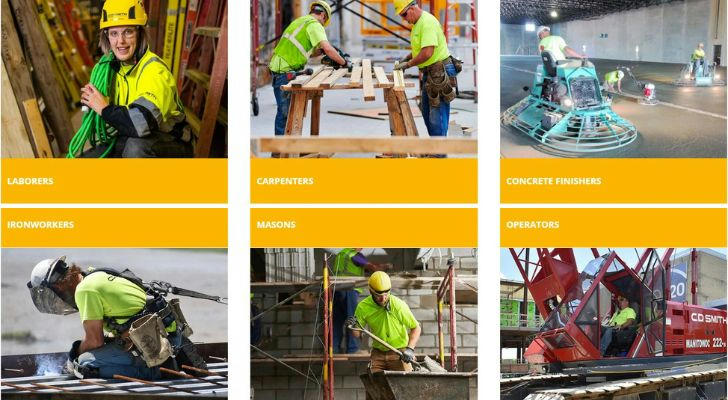5 Reasons Skilled Trades Are a Smart Career Move
In the United States, skilled trades represent a substantial and growing segment of the workforce. These professions cover a wide range of fields, including electricians, plumbers, HVAC technicians, welders, carpenters, and more. For many job seekers, considering a skilled trade as a career path offers practical advantages that align with economic trends, industry demand, and personal development opportunities. This article explores five key reasons why pursuing a skilled trade can be a wise career decision.

1. Strong and Growing Demand for Skilled Trades Workers
The demand for skilled trades professionals remains consistently high and is projected to grow over the next decade. According to the U.S. Bureau of Labor Statistics (BLS), employment in many trade occupations is expected to increase by 8% to 12% between 2022 and 2032, which is faster than the average growth rate for all occupations.
Several factors contribute to this demand:
- Aging Workforce: Many current tradespeople are reaching retirement age, leading to a wave of job openings.
- Infrastructure Development: Federal and state investments in infrastructure projects require a large skilled labor force.
- Technological Advances: New technologies in construction, energy, and manufacturing need skilled technicians to operate and maintain them.
For job seekers, this steady demand means a greater likelihood of finding stable employment opportunities soon after completing trade training.
2. Competitive Compensation and Benefits
Skilled trades often provide wages and benefits that are competitive with many jobs requiring a traditional four-year college degree. For example:
- The median annual wage for electricians in 2023 was approximately $60,000.
- HVAC technicians earned a median annual wage of around $54,000.
- Experienced plumbers and pipefitters reported median wages near $58,000.
In addition to base pay, many trades offer benefits such as health insurance, retirement plans, and paid time off. Apprenticeships or on-the-job training programs also allow workers to earn income while building skills, reducing the financial burden of education.
This combination of steady income and benefits makes skilled trades an attractive option for those seeking financial stability without incurring substantial student debt.

3. Hands-On Work That Builds Practical Skills
A defining characteristic of skilled trades careers is the hands-on nature of the work. Unlike many office-based jobs, tradespeople engage directly with tools, equipment, and physical projects daily. This aspect offers several advantages:
- Tangible Results: Workers see the direct outcome of their efforts, whether it's a completed building, repaired system, or manufactured product.
- Skill Development: Trades jobs develop specialized skills that remain valuable across industries and regions.
- Job Satisfaction: Many workers report a sense of accomplishment from solving real-world problems and working in dynamic environments.
For those who prefer active, practical work over desk jobs, skilled trades provide an opportunity to apply and continuously improve technical abilities.
4. Flexible Career Pathways and Advancement Opportunities
Skilled trades offer diverse career paths that can be customized based on interests, experience, and additional certifications. Starting as an apprentice or entry-level technician, workers can progress to:
- Journeyman or certified technician roles
- Supervisory or management positions
- Specialized expert roles, such as instrumentation or controls technician
- Entrepreneurial ventures, including starting a contracting or service business
Moreover, many trade professions have national or state-recognized certifications and licenses, which enhance employability and earning potential. Continuous learning and upskilling are common, supported by industry organizations and employers.
The ability to advance in a trade career without returning to a traditional academic environment can be especially appealing to those looking for practical growth opportunities.
5. Contributions to Community and Economic Stability
Skilled tradespeople play a vital role in building and maintaining the infrastructure that communities rely on daily. From installing electrical systems and plumbing to heating and cooling homes and businesses, trades workers contribute directly to public safety, health, and economic function.
These jobs also help support the broader economy by:
- Ensuring reliable energy and water systems
- Enabling construction and renovation projects that create additional employment
- Supporting manufacturing and industrial operations
Choosing a skilled trade means participating in essential work that benefits both individuals and society. This tangible impact adds meaning to the career choice.

Conclusion
For U.S. job seekers exploring career options, skilled trades present a practical and rewarding path. The combination of steady demand, competitive wages, hands-on work, advancement potential, and community impact makes trades professions a compelling choice.
As the economy evolves and infrastructure needs grow, skilled trades will continue to offer meaningful and sustainable employment opportunities. Exploring training and apprenticeship programs in various trades can be a productive step toward entering a field with long-term prospects and real-world relevance.
